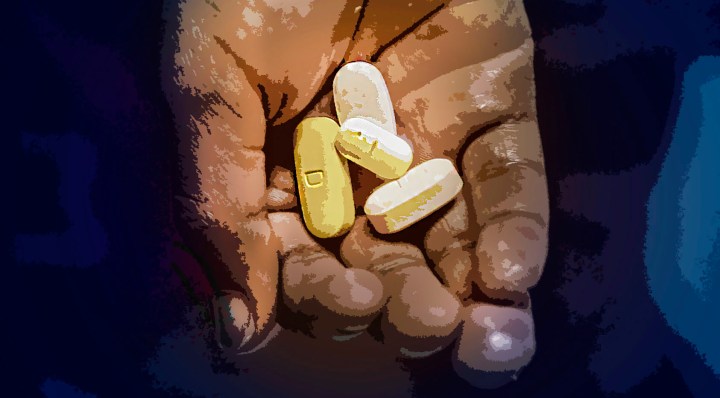DOSE OF CAUTION OP-ED
Confronting the crisis of unsafe medicines in Africa — a call for heightened regulatory vigilance

African countries, particularly those with lower incomes, are disproportionately affected by the scourge of substandard and falsified medicines.
The recent tragedy in Gambia, where 66 children lost their lives after consuming cough syrups contaminated with toxic chemicals, has cast a spotlight on a critical issue facing the African continent: the safety and quality of medicines.
This incident, involving medications produced by an Indian pharmaceutical company, underscores a broader, systemic problem that demands immediate and robust action from national medicines regulatory bodies, healthcare professionals and policymakers across Africa.
The core of the crisis lies in the regulatory mechanisms that have failed to prevent the entry and distribution of substandard and falsified medicines in African markets. The contamination of cough syrups with toxic chemicals such as diethylene glycol, a substance with no medical use and known for its use in antifreeze and paint strippers, highlights a glaring oversight in the evaluation and monitoring of medicine components.
This oversight points to a critical need for stringent auditing of manufacturing facilities, comprehensive training for inspectors, and a thorough evaluation of all medicine components, including excipients like glycerine, which are susceptible to adulteration.
The issue is not isolated to Gambia but reflects a continent-wide challenge. African countries, particularly those with lower incomes, are disproportionately affected by the scourge of substandard and falsified medicines.
This situation is exacerbated by complex supply chains that span continents, making it difficult to ensure the integrity of every component entering the manufacturing process. The problem is compounded by a lack of awareness and vigilance on the part of regulatory authorities regarding the potential for excipient adulteration and its dire consequences.
To address this crisis, there is an urgent need for regulatory reform and harmonisation across Africa. Initiatives such as the Africa Medicines Regulatory Harmonisation (AMRH) initiative and the African Medicines Agency which will succeed the AMRH initiative represent critical steps forward.
These initiatives are building collaboration among African nations, pooling resources and expertise to elevate regulatory standards and ensure the safety of medicines across the continent. By working together, African countries can develop a unified strategy to combat the entry and spread of contaminated medicines, leveraging collective strength to enforce rigorous safety standards.
Furthermore, the concept of reliance, where importing countries trust the assessments and inspections carried out by competent regulatory authorities in other countries, offers a promising avenue for streamlining regulatory processes.
However, African countries need to exercise caution when implementing it to make sure that the way they apply it is well thought out and adequately addresses challenges unique to African contexts, to ensure that it does not compromise the quality and safety of medicines entering African markets.
African nations must develop a fit-for-purpose reliance framework that accounts for the continent’s unique challenges and ensures that all medicines, regardless of their origin, meet the highest standards of quality, safety and efficacy.
Development of such a framework cannot and should not be left to the World Health Organization or to any other international organisations only. This is a task that African regulatory experts with an in-depth understanding and experience of Africa’s unique challenges should lead.
The tragedy in Gambia is a stark reminder of the devastating impact contaminated medicines can have on vulnerable populations. It calls for a concerted effort among African countries and all stakeholders in the pharmaceutical supply chain to ensure such incidents are never repeated.
This includes not only regulatory authorities but also manufacturers, healthcare professionals and international partners.
Together, they must work towards a future where the safety and quality of medicines in Africa are guaranteed, protecting the health and well-being of its people against the threat of substandard and falsified products. DM
Dr Lenias Hwenda is the founder and CEO of Medicines for Africa.
Farai Masekela is the head of the Evaluation and Registration Division at the Medicines Control Authority of Zimbabwe and chairperson of the Evaluation of Medical Products Technical Committee of the Africa Medicines Regulatory Harmonisation Initiative (AMRH) under Auda-Nepad.
Wayne Muller is the chair of the Good Manufacturing Practice (GMP) Technical Committee of the Africa Medicines Regulatory Harmonisation Initiative (AMRH) under Auda-Nepad.

















Thank you DM for highlighting this urgent issue affecting the safety of patients across the African continent.